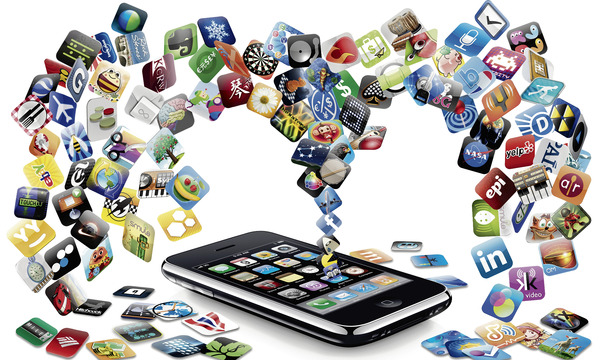On 12Dec Beyoncé released her new album exclusively on iTunes without any hype or pre-release marketing. The announcement came on Instagram when Beyoncé released a fifteen-second video showing clips of her new album, followed by a Facebook post with a link to the iTunes page to download songs and videos.
Without a doubt, within seconds of the announcement the whole social media world erupted with a buzz around the new album and iTunes crashed due to overwhelming demand for her music.
https://twitter.com/ShreyaMehta_/status/411475919136915456
Everyone from the media to fellow celebrities jumped on the bandwagon to endorse the star and so get more eyeballs on their respective profiles and websites.
Fans too went crazy about the surprise gift for them just before Christmas from their favourite artist. They were in awe of the subtleness of this launch with no advertising and hoopla. In fact even Beyoncé critics were forced to accept this genius marketing move and were full of praise.
https://twitter.com/andrewwaunc/status/411475368131198976
What does this mean for digital marketers and social commerce?
Apple (iTunes) and Facebook (Instagram), with Beyoncé, have given us the first pure social commerce case study, as this whole experience, from announcing her new album on Instagram & Facebook and releasing it on iTunes with an eruption of follow up word of mouth buzz on Twitter, did not use any traditional means of selling products and services. And yet it managed to:
1) Supersede traditional marketing channels such as newspapers, magazines, music blogs, radios and online advertising.
2) Bypass traditional commerce channels that force you to register your personal and payment details before the transaction.
3) Be a real time experience with ubiquitous accessibility and capture pre-holiday impulse buying.
I know, these are early days for social commerce, as Beyoncé is already a world famous artist, and getting huge attention on social media and exclusive deals with iTunes have made this release an overnight sensation.
https://twitter.com/__megxn/status/411460478666551296
And, there is strong possibility that Tim Cook and Mark Zuckerberg, along with Jay-Z, put together a deal behind the scenes in order to put Instagram and iTunes on the social commerce map, but this experience has been a lesson to digital marketers on the future of commerce, where on demand accessibility with a personal touch will define product and service monetisation, and traditional means of expensive and cumbersome advertising and transactions will have no place.


